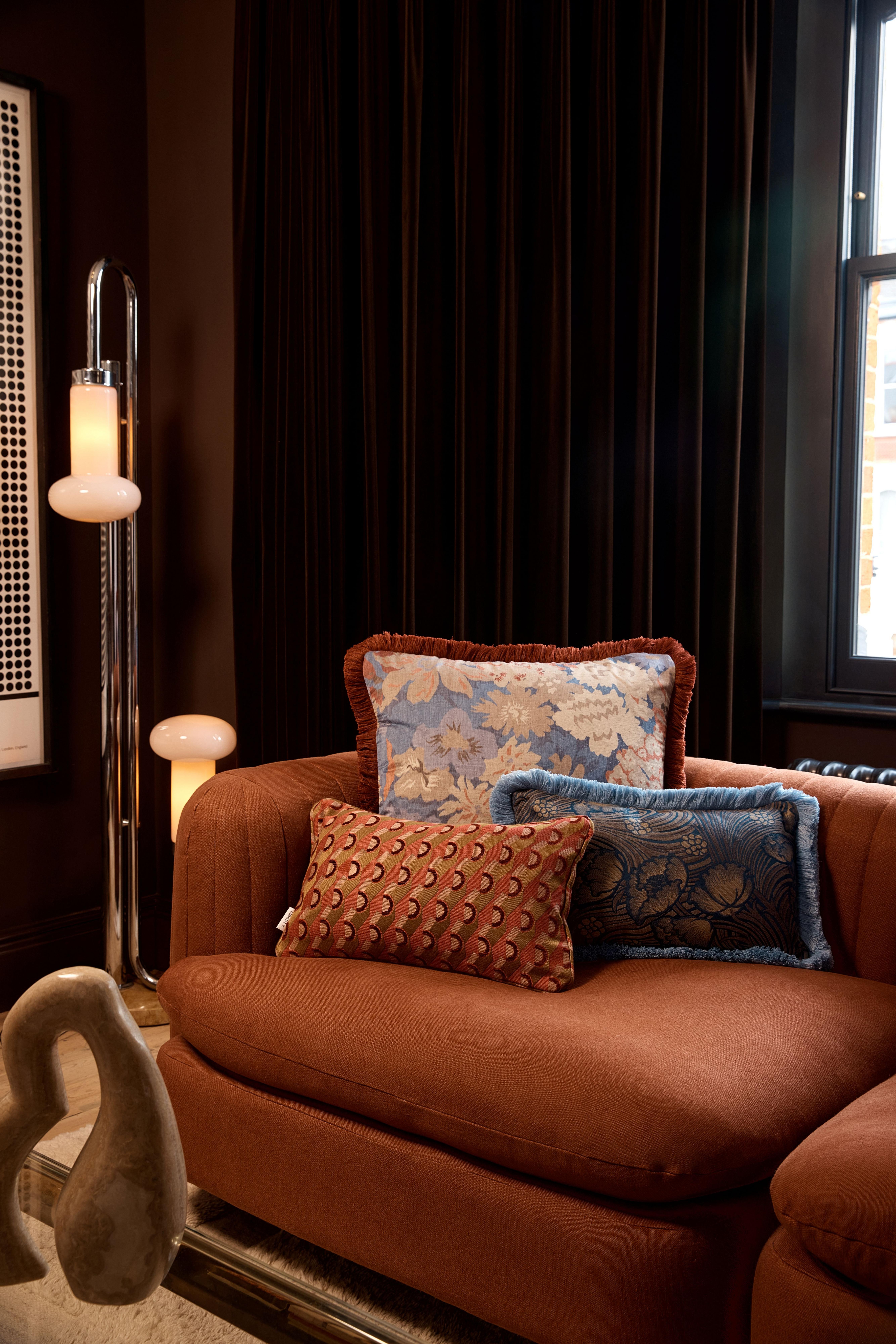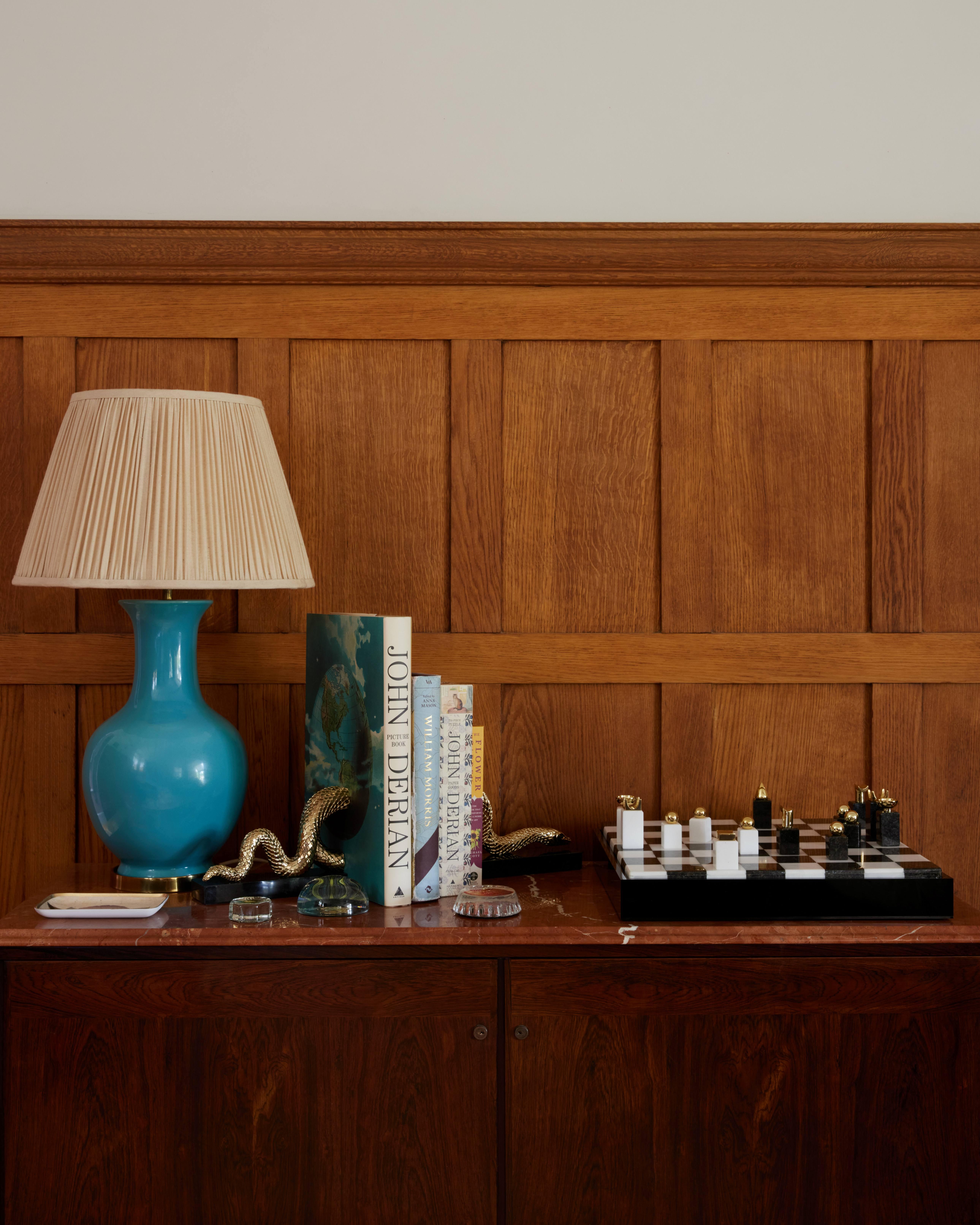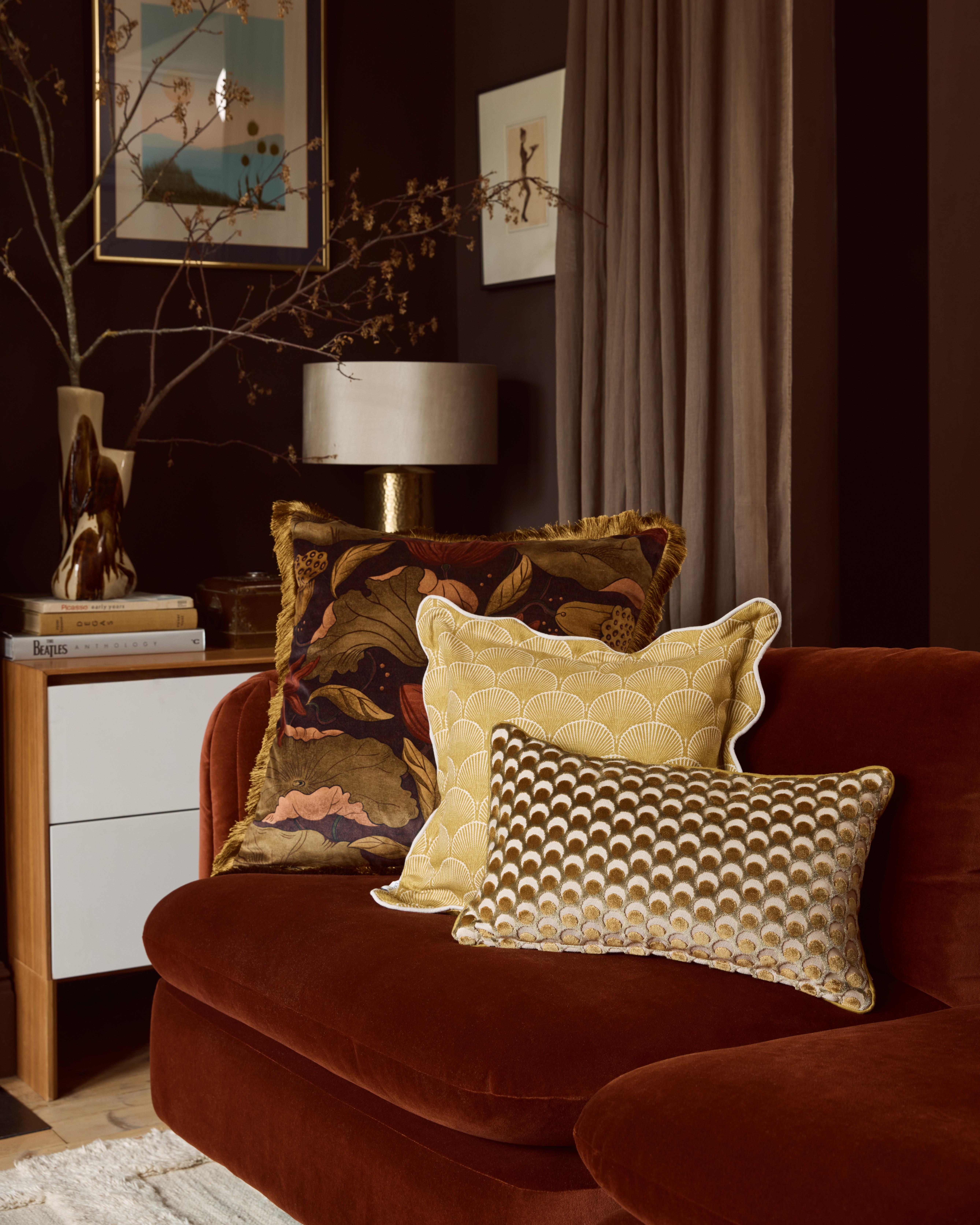
How to Get a Good Night’s Sleep
Sure, you could try counting sheep, but might we suggest something a little more substantiated? Like Liberty’s expert-approved guide to better sleep.
Read more

How to Get a Good Night's Sleep
Sure, you could try counting sheep, but might we suggest something a little more substantiated? Like Liberty’s expert-approved guide to better sleep
By: Shannon PeterNailing how to get a good night’s sleep undoubtedly tops the list of desirable life skills. But if you’re struggling to get your nightly eight hours, you don’t need us to tell you that. What you do need, however, (as well as an expertly-curated night time skincare routine) is a game plan. A set of certified tips and tricks from someone in the know. So may we introduce you to Dr Zoe Schaedel, a GP specialising in sleep and co-founder of The Good Sleep Clinic? Here she shares her trusty strategies to get your sleep schedule back on track.
1. Stress Less About Bedtime
You might think the best way to get your sleep back on track is to get militant about bedtime, but not so fast. “Our internal body clock – or circadian rhythm – thrives on routine, and having a consistent waking time is helpful for this. If we vary this time, with long lie-ins at the weekend to ‘catch up’, this can lead to problems with sleeping the following week; we call this ‘social jet lag’,” explains Dr Schaedel. “However, I don’t always recommend a set bedtime; forcing ourselves to bed if we don’t feel sleepy can actually lead to sleep problems.” Remember the last time you tried to give yourself an early night, only to find yourself lying there – still awake – hours later? Instead, carry out your night time skincare routine, and let your mind tell you when it's ready for bed.
2. Set the Scene
At Liberty, we’re firm believers that the room you spend most time in should be the most beautiful, but it’s important to keep the setting optimised for sleep - and only sleep. “The ideal sleep environment should be dark, cool and comfortable,” recommends Dr Schaedel. “It should feel like a nice place to be, but not so nice that you spend lots of time there.” That means first creating a bedscape you can’t wait to climb into using the very bedding around, but also leaving your TV off and laptop elsewhere. “This creates a strong link between your bed and your sleep that helps to bring on good quality, consistent sleep,” she adds.
Shop Bed Linen
3. Think About Your Meal Plan
Did you know that what you eat and drink throughout the day can have a marked impact on your sleep quality? “Heavy meals are best avoided just before bed, as sleep comes easier if your digestive system is not so active,” explains Dr Schaedel. “Sugary snacks before bed can lead to a ‘sugar crash’ in the middle of the night that, for some, will trigger them to wake up.” There’s also the issue of caffeine. “It hangs around in your system for many hours and so it is best avoided during the afternoon hours to give you the best chance of sleep.”
4. Consider Your Outfit
“Comfort is key and this will depend on the individual,” explains Dr Schaedel. “Some prefer to feel covered and cosy in pyjamas and some prefer to sleep entirely naked.” Fall into the former camp? Selecting nightwear in the right material will influence your ability to get a good night’s sleep. “Materials like bamboo or cotton are preferable as they are breathable to prevent overheating but also keep you warm," Dr Schaedel advises.
Read More: The best bedding for every interior aesthetic
Shop Sleepwear
5. Steer Clear of the Screen
If you find yourself aimlessly scrolling your phone or watching hours of Netflix once you've climbed into bed, Dr Schaedel urges you to rethink your relationship with the screen. "The light signals trick the brain into thinking it's daytime. What we engage with on screens is often stimulating, which can make it hard for the body and brain to transition into sleep. Thirdly, screens often make us forget the time, leading us to delay sleep as we are so absorbed.” But that doesn’t necessarily mean you need to go cold turkey. “For many people it’s helpful to avoid screens in the hour before bed, however, for some, watching some relaxing television (with a defined end point) can be fine, and podcasts may also be OK,” Dr Schaedel recommends.
6. Adjust Your Beauty Routine
Choosing the right beauty products can also have an effect on your sleep. Try a silk pillowcase, spritzed with a sleep spray like Wildsmith's Stillness Pillow Mist, which contains soothing rose geranium, lavender and chamomile scents to help you snooze. The placebo effect of a night time routine is also a powerful thing. The scent memory of a particular moisturiser can also remind our brains that it's time for bed and help us wind down. An added incentive - witnessing the glowing results of your skincare when you wake up in the morning.






















